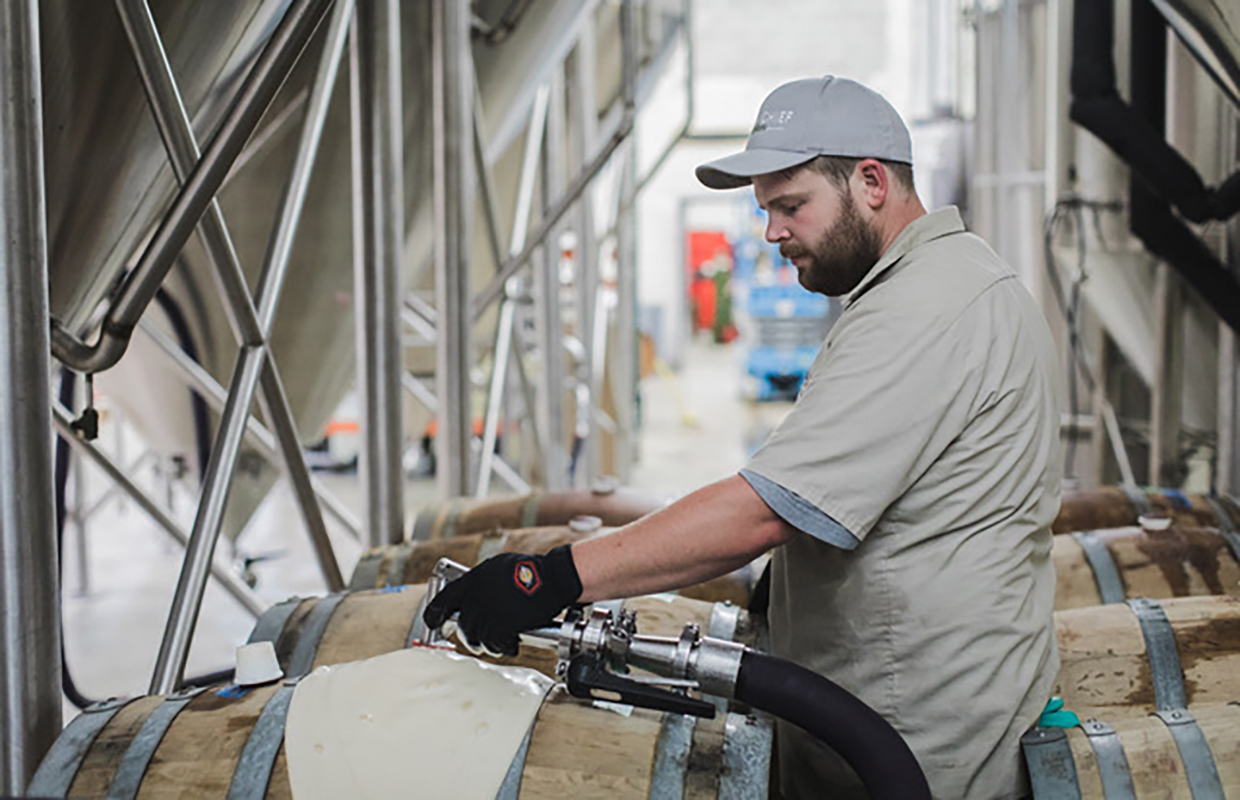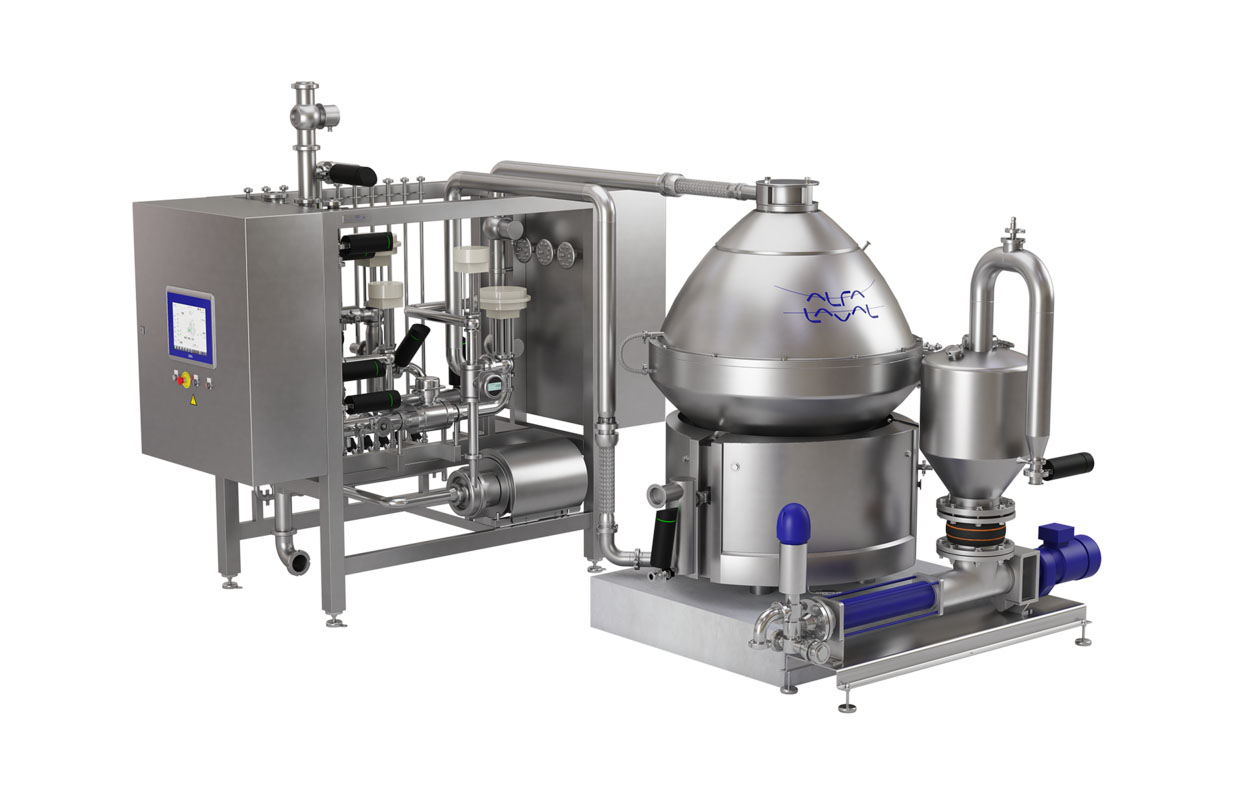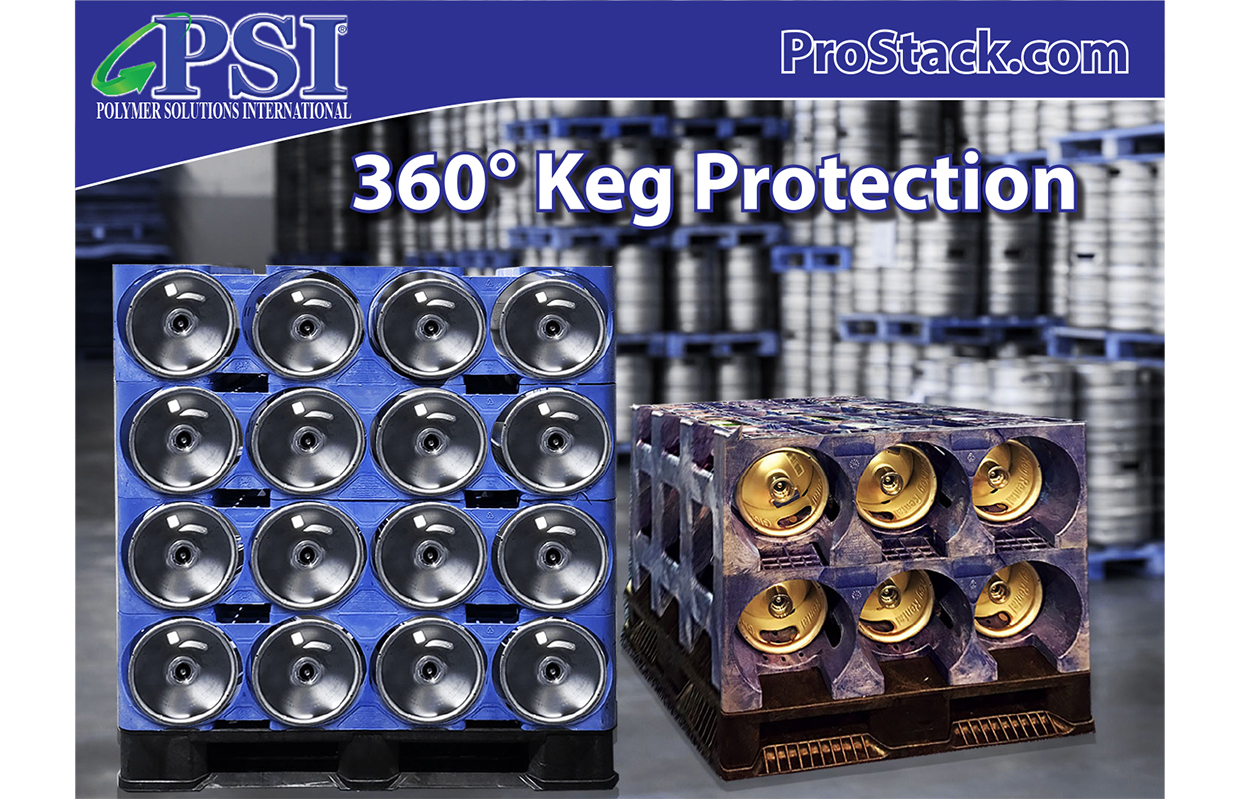
Data is the answer to becoming a brewer in the modern beverage industry. Ask any brewery that’s seeing growth while others are seeing decline and they’ll say success hinges on the ability to adapt to rapidly changing consumer preferences and market dynamics.
As traditional breweries and beverage producers navigate this modern landscape, one key ingredient has emerged as the differentiator: data.
By leveraging data-driven insights, breweries are improving their business operations and gaining a significant edge in capturing market share. Let’s explore five ways breweries are utilizing data to enhance their operations and drive success in the modern beverage industry.
- Embracing Consumer Insights
Data is invaluable in understanding consumer behavior and preferences, providing breweries with actionable insights to develop new products and improve existing offerings. If you’re reading this, chances are you’re no longer just producing beer.
By analyzing customer data, breweries can identify emerging trends, popular flavors, and consumption patterns that allow them to tailor their product development strategies accordingly. Through data-driven market research and point-of-sale data, breweries can effectively position their products, optimize pricing strategies, and target specific consumer segments, maximizing their chances of success.
- Optimizing Cross-TIer Collaboration
Efficient supply chain management is crucial for breweries to meet customer demand, minimize empty shelves, and make better decisions about what products to produce or what formats to package them in.
Data analytics significantly optimizes the supply chain by providing producers with real-time visibility into inventory levels at retail locations that help inform production schedule decisions. With inventory data, breweries can better forecast demand, streamline procurement processes, and improve relationships with their distributors and retail accounts.
- Doubling Down On Quality Control
Maintaining consistent product quality is essential for breweries to build brand reputation and customer loyalty. Data-driven approaches enable breweries to monitor various quality control parameters, such as pH levels, temperature, and fermentation rates, in real-time.
By collecting and analyzing data from the production process, breweries can identify and rectify any deviations quickly, ensuring product consistency and reducing the risk of costly recalls or dumped product.
- Improving Consumer Engagement
Data is revolutionizing how breweries market and engage with their customers. By leveraging customer data, breweries can create targeted marketing campaigns, personalized promotions, and loyalty programs to strengthen customer relationships. Social media analytics, sentiment analysis, and beer ratings provide insights into consumer feedback, enabling breweries to fine-tune their marketing strategies and address customer concerns promptly.
Furthermore, data-driven customer segmentation allows breweries to identify and target niche markets effectively (like Shiner did with their Orale beer), gaining a targeted, competitive advantage in a crowded industry.
- Leveraging Predictable Analytics
Data analytics tools empower breweries to make accurate predictions and forecasts, which are vital for planning production, optimizing inventory, and managing resources effectively.
By analyzing historical sales data (as in: within the last week rather than just last year’s data), breweries can make data-backed decisions on production volumes, seasonal variations, and new product launches. This proactive approach helps breweries avoid stockouts, reduce waste, and respond swiftly to changing market conditions, ensuring continuous growth and improved profitability.
Data has become an indispensable asset for breweries seeking to thrive in the modern beverage industry. By harnessing the power of data analytics, breweries are unlocking valuable insights that drive decisions about product innovation, operational efficiency, and customer experiences. It’s work, but it’s work that’s well worth it.
Photo courtesy Yards Brewing




Be the first to comment